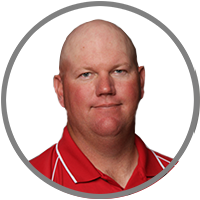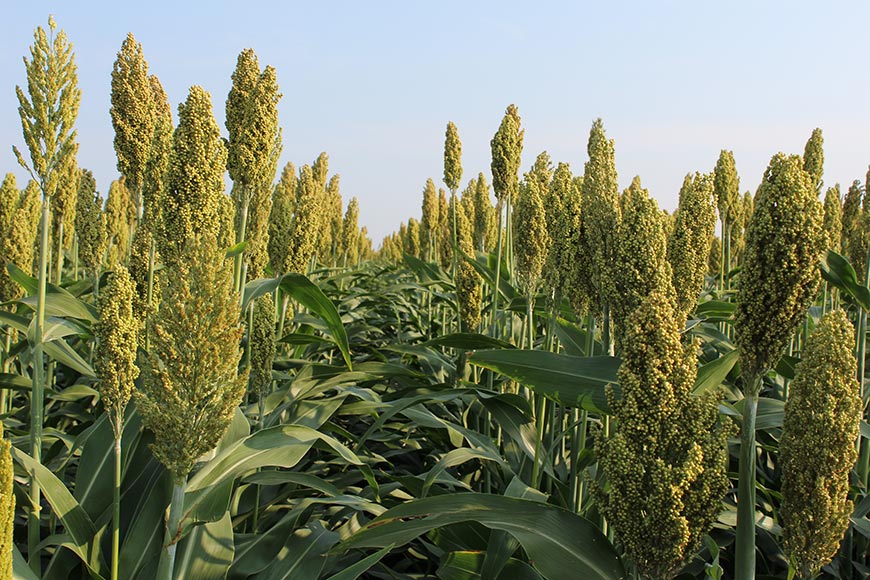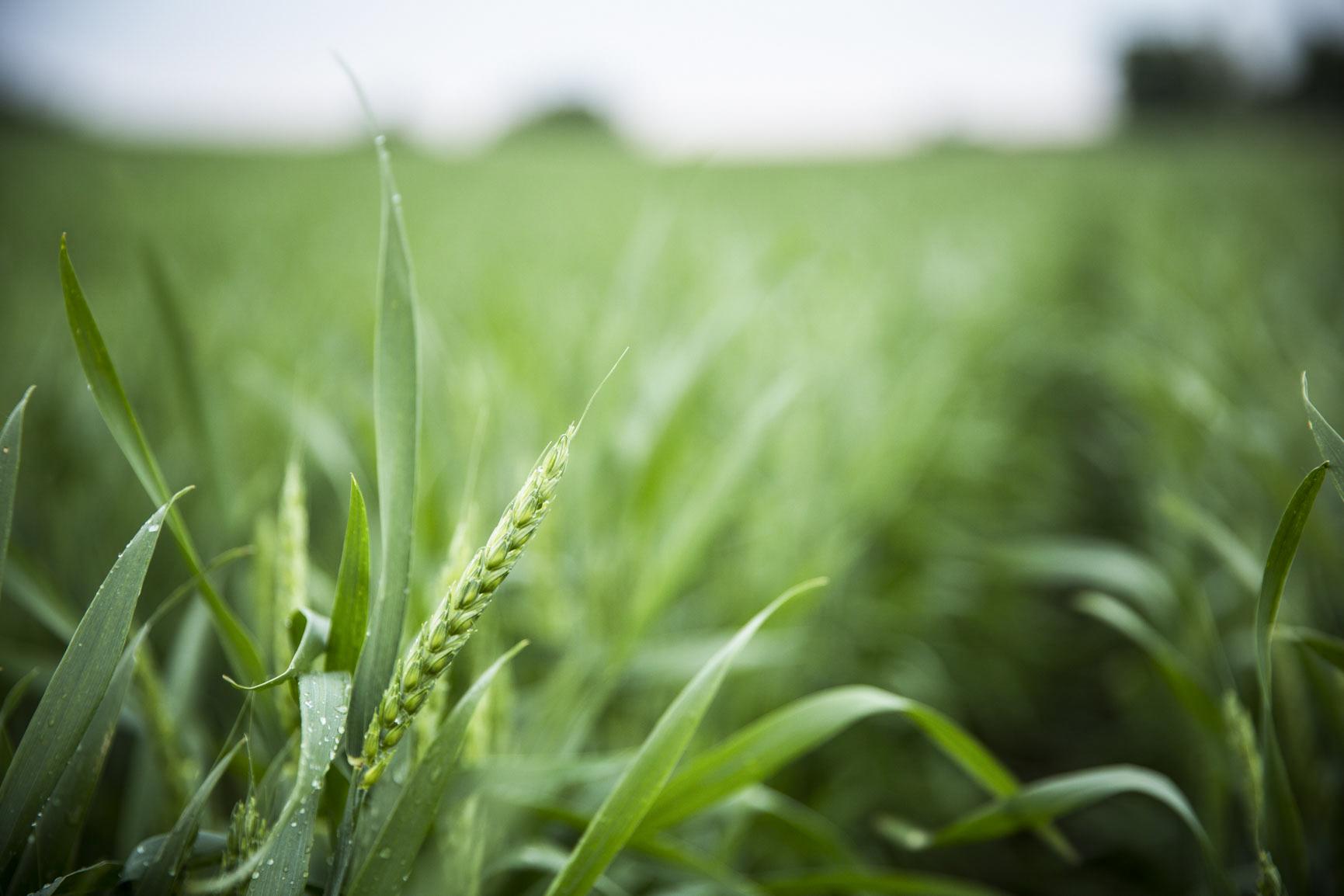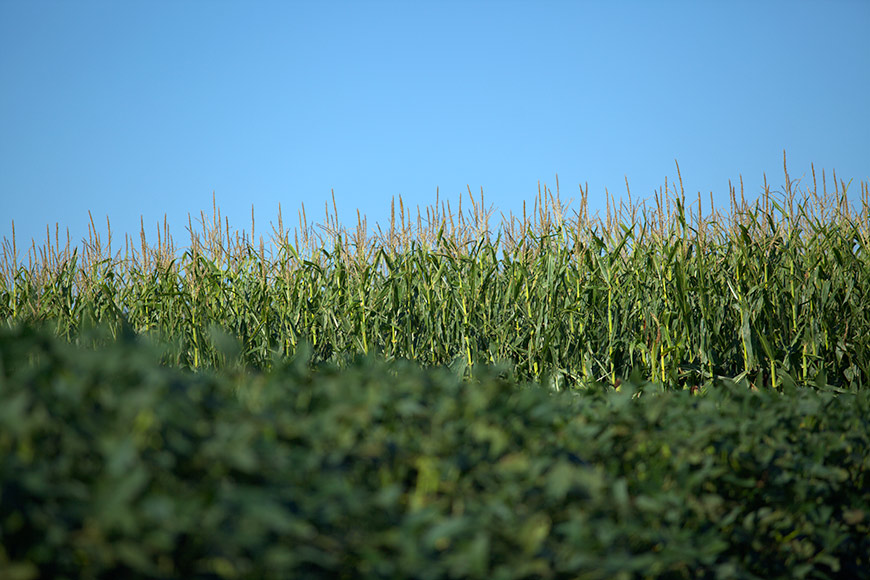3 Tips for Choosing the Right Wheat Seed Treatment
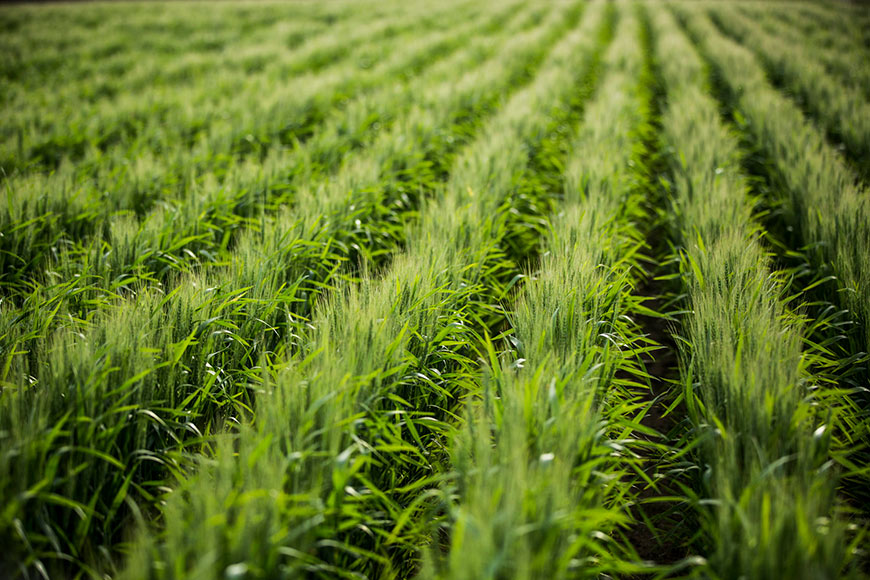
When choosing wheat seed, making sure you have a high-quality seed treatment to protect your investment is an important step in the process. Here are three questions to consider when mapping out your wheat strategy.
1. Who’s Applying The Seed Treatment?
There are several concerns that can come with applying a seed treatment yourself: Are you using the right rate? Is the treatment getting on every seed? Although on-farm seed treaters can be fairly accurate, you get the highest precision when you have your retailer apply the treatment or you purchase bagged seed that’s already been treated. The time you’ll save by not having to treat your wheat seed yourself might be worth the extra cost.
2. What Seed Treatment Best Fits Your Needs?
It’s important to consider your farm’s environment and primary pest challenges to ensure you’re picking the best seed treatment to protect your high-value wheat seed. There are three types of seed treatments we typically recommend for CROPLAN® wheat seed, each with its own distinct features and benefits.
-
Warden® Cereals II: Formulated with three highly active fungicides with different modes of action for protection against challenging cereal diseases, Warden Cereals IIhttps://www.winfieldunited.com/products/seed-treatments/wardencerealsii/129 helps deliver bigger roots and greater yield potential.
-
Warden Cereals WRII: With four fungicides for broad-spectrum disease protection plus thiamethoxam insecticide – the active ingredient in Cruiser® insecticide – Warden Cereals WR II provides control of harmful insects, including wireworm. It also helps deliver bigger roots and greater yield potential.
-
Warden Cereals HR: Contains two fungicides to protect against seed- and soilborne fungal pathogens. It also contains higher rates of insecticide per gallon than most competitors to control challenging aphids and other common pests.
-
Ascend® SL Plant Growth Regulator: A combination of three distinct hormones that promote cell division and elongation, which can lead to faster germination for stand establishment, better root development for nutrient uptake and crown health, and growth and tillering.
3. Do You Need An Insecticide?
When considering which seed treatment to choose, many farmers ask themselves, “Do I want a fungicide-only seed treatment or do I need a fungicide plus insecticide seed treatment?” The only way to determine this is by knowing the past history of a particular field or by working with your local agronomist to determine what insects are likely an issue in those fields.
Wireworms, for example, feed on the roots of wheat plants, causing destruction that makes plants more vulnerable to infection by soil pathogens. Bird cherry-oat aphids are a vector for barley yellow dwarf mosaic virus and require higher rates of insecticide for longer residual control. It is important to note that seed treatment insecticides will not control wheat curl mites that carry wheat streak mosaic virus. Timely control of volunteer wheat is still needed to reduce infection. Know your fields, consult your agronomist and make a decision that will protect your plants and your yield potential.
Get More Bang For Your Buck
When you invest in CROPLAN wheat seed, you’re getting a lot more than quality seed or a quality seed treatment. You’re getting the benefit of the time and care we put into selecting the best varieties. Then our characterization process provides you with data on how that seed is projected to perform. For example, how well it responds to nitrogen, to changes in plant population or to a fungicide application and how all these elements fit your management strategy.
The right seed treatment helps establish a strong vigorous stand that promotes crown health and proper fall tillering that is essential to the success of a winter wheat crop. Spring 2024 may well bring another wet start to the growing season as spring wheat is planted, making a well-applied seed treatment all the more beneficial. Talk with your trusted CROPLAN advisor now about the best seed and seed treatment choices for your wheat crop so you can start the year off strong.
All photos are either the property of WinField United or used with permission.
© 2023 WinField United. Important: Before use always read and follow label instructions. Crop performance is dependent on several factors many of which are beyond the control of WinField United, including without limitation, soil type, pest pressures, agronomic practices and weather conditions. Growers are encouraged to consider data from multiple locations, over multiple years and to be mindful of how such agronomic conditions could impact results. Ascend, CROPLAN, Warden and WinField are trademarks of WinField United. All other trademarks are the property of their respective owners.


